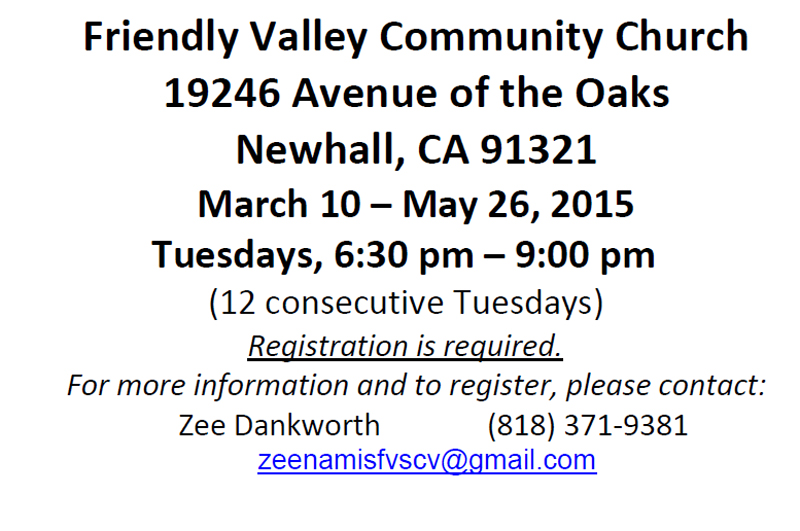Details of Renewals
About one million
Californians who bought private coverage during the Affordable Care
Act's first open enrollment period were eligible for renewal (Florido,
"KPCC News," KPCC, 1/28).
About 944,000 of those who were eligible to renew have done so -- representing a renewal rate of 92% (Covered California release, 1/28).
Officials
announced that about 576,000 consumers allowed their coverage to
automatically renew, while about 368,000 decided to shop for a new plan.
As of December 2014, about 54,000 enrollees had switched plans,
according to "KPCC News" ("KPCC News," KPCC, 1/28).
State data on the renewals show customer retention rates of:
- 99% for Kaiser Permanente;
- 94% for Anthem Blue Cross;
- 94% for Blue Shield of California; and
- 90% for Health Net.
Implications
Charles Bacchi,
CEO of the California Association of Health Plans, said, "[W]ith 90% of
enrollees sticking with their existing health plan, it is clear that
there is stability in the market and people are pleased with their
coverage" (Terhune, Los Angeles Times, 1/28).
Covered
California Executive Director Peter Lee added, "Consumers liked the plan
they were in, liked the providers they have access to and did not see
the need [to change coverage] -- even though one-third actively logged
onto the system and looked around" at other plans ("KPCC News," KPCC,
1/28).
http://www.californiahealthline.org/articles/2015/1/29/92-of-eligible-covered-california--enrollees-have-renewed-plans

